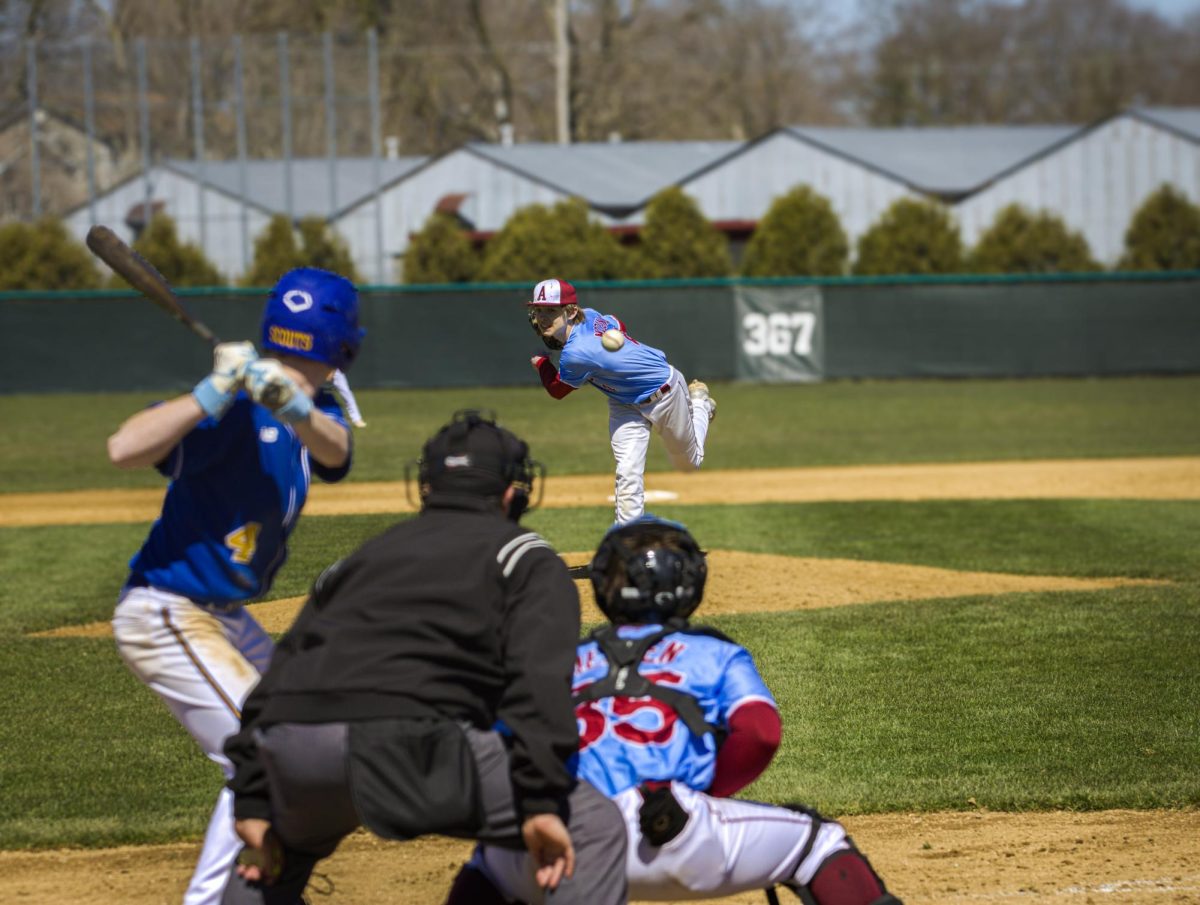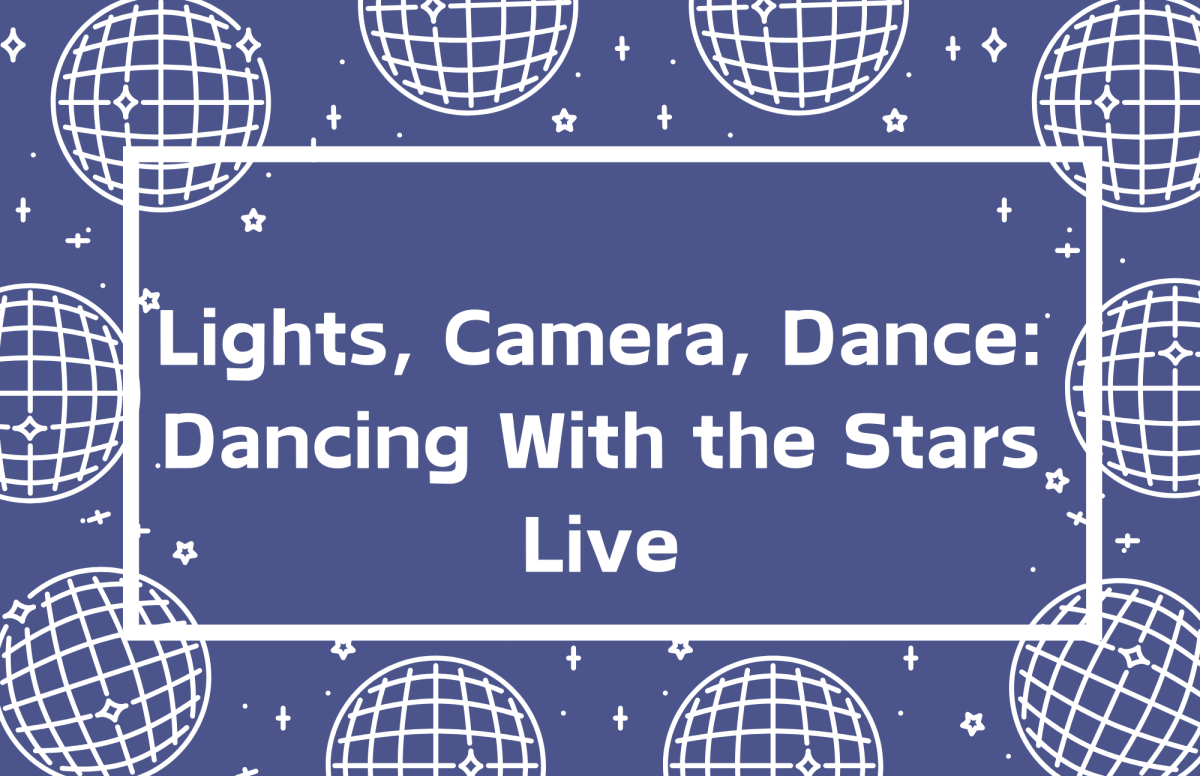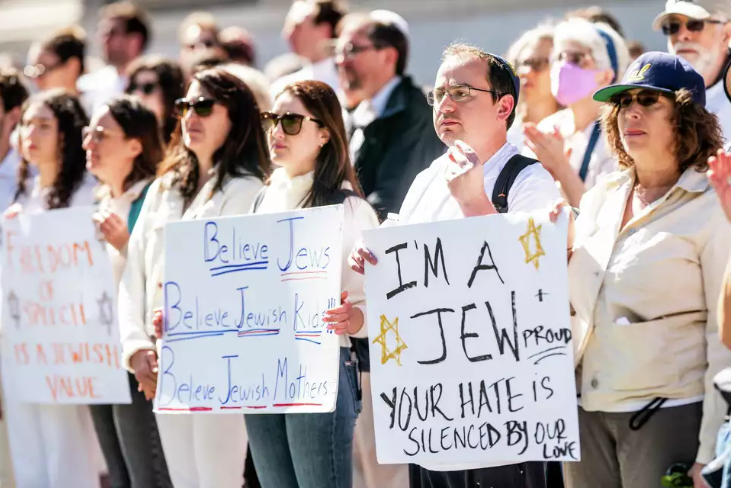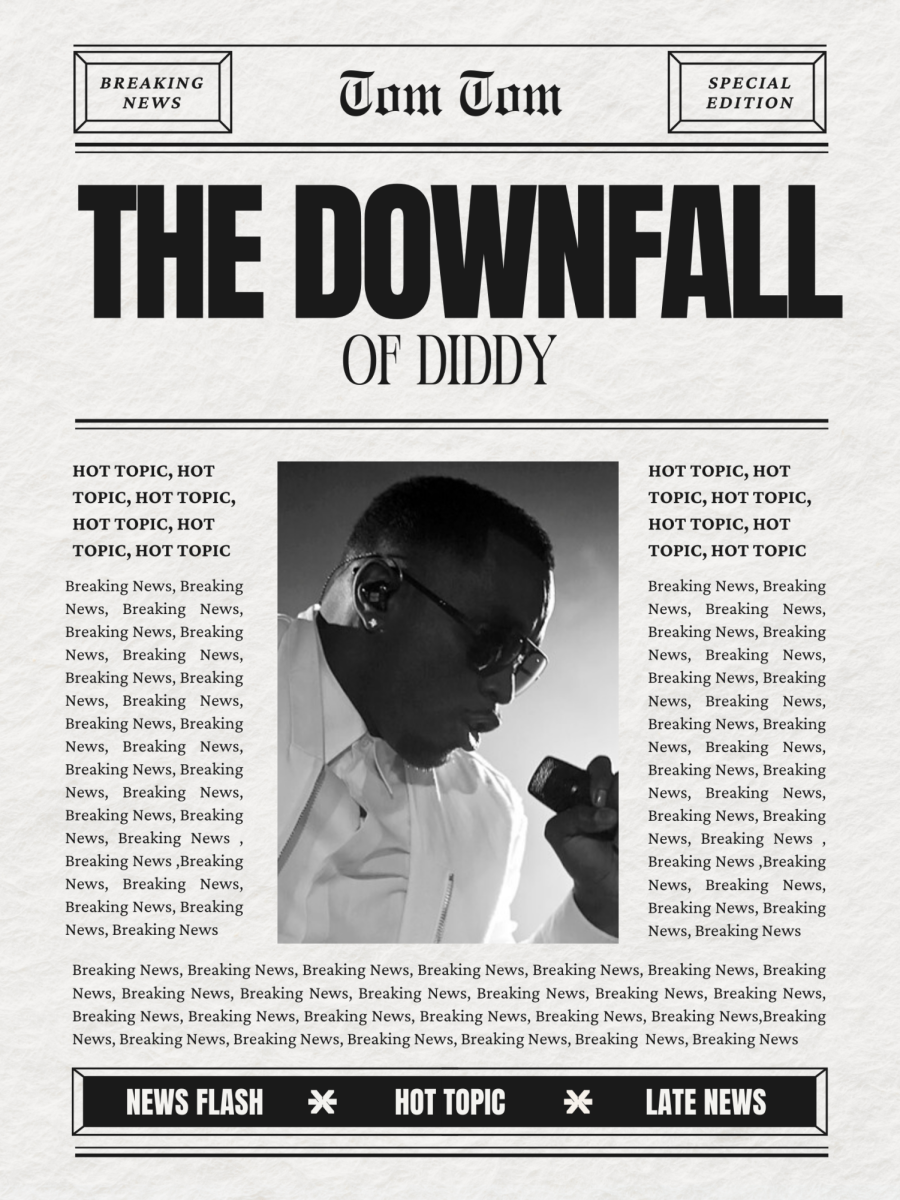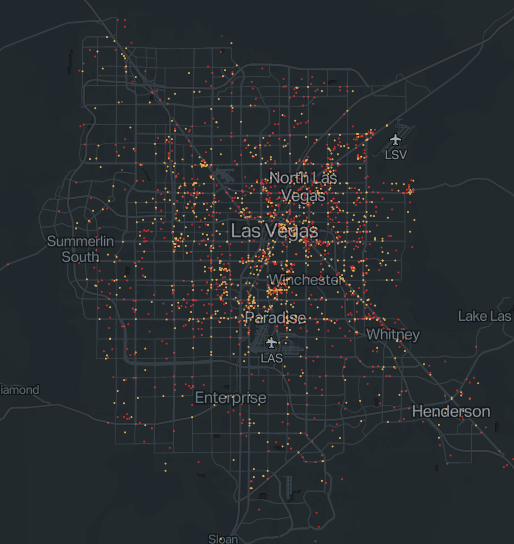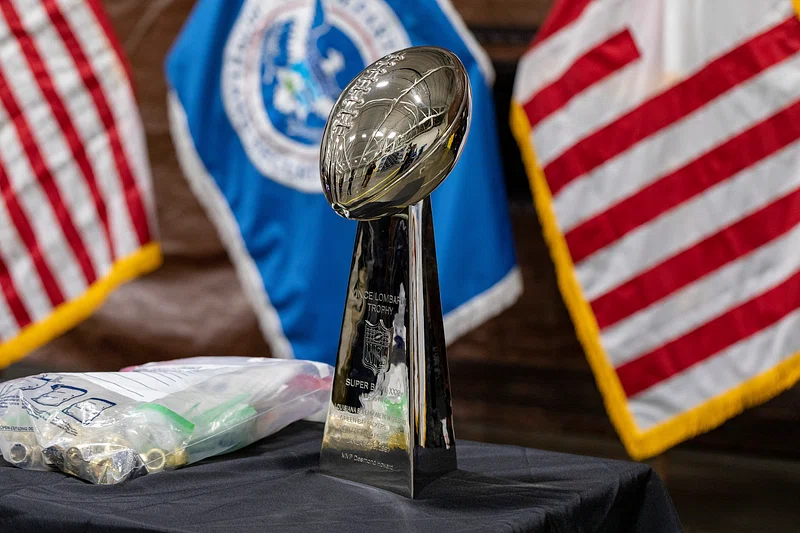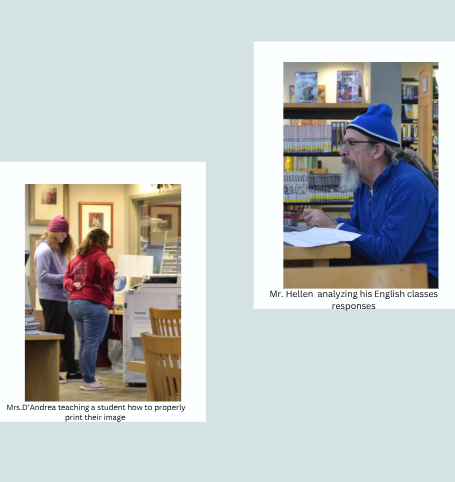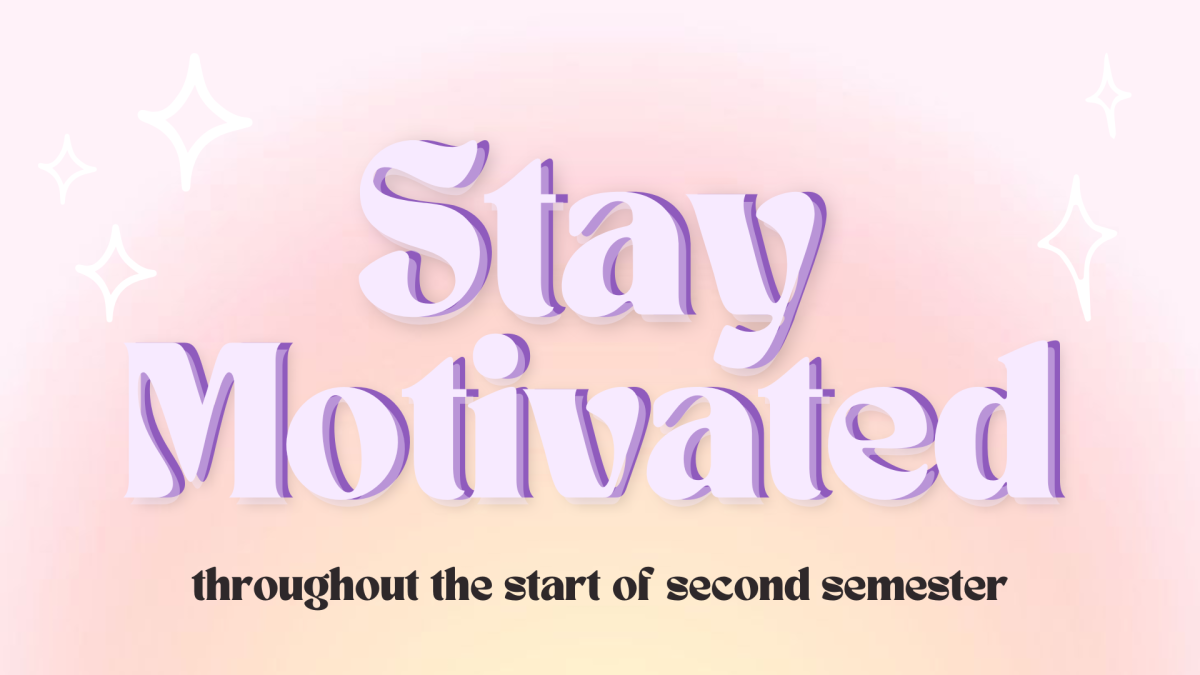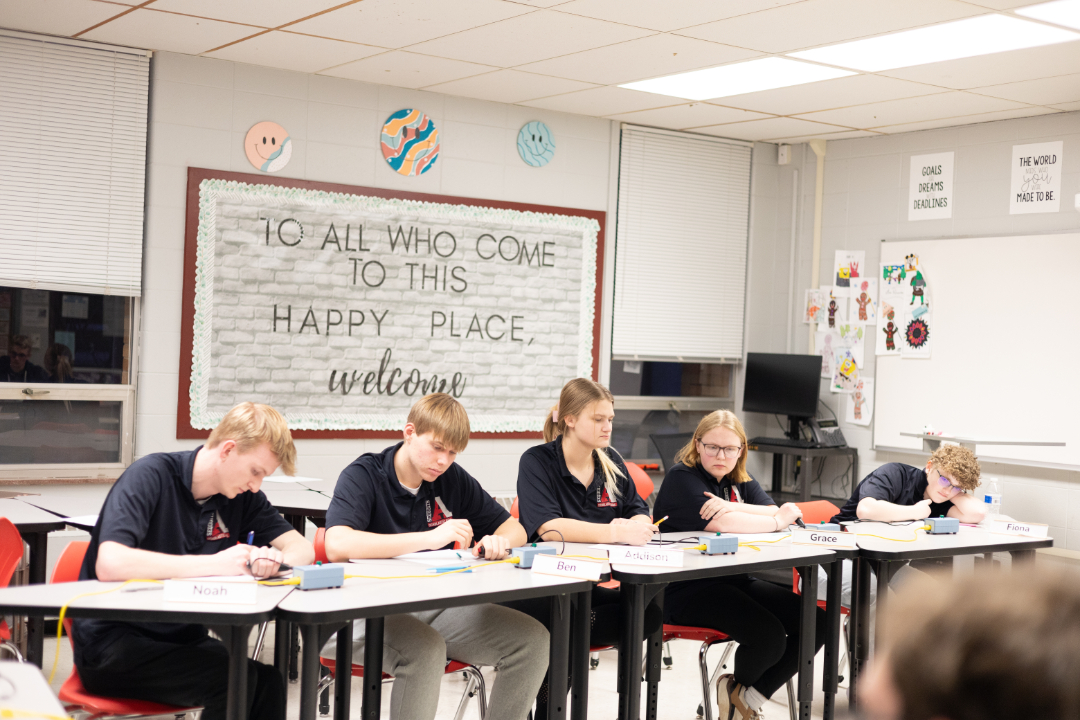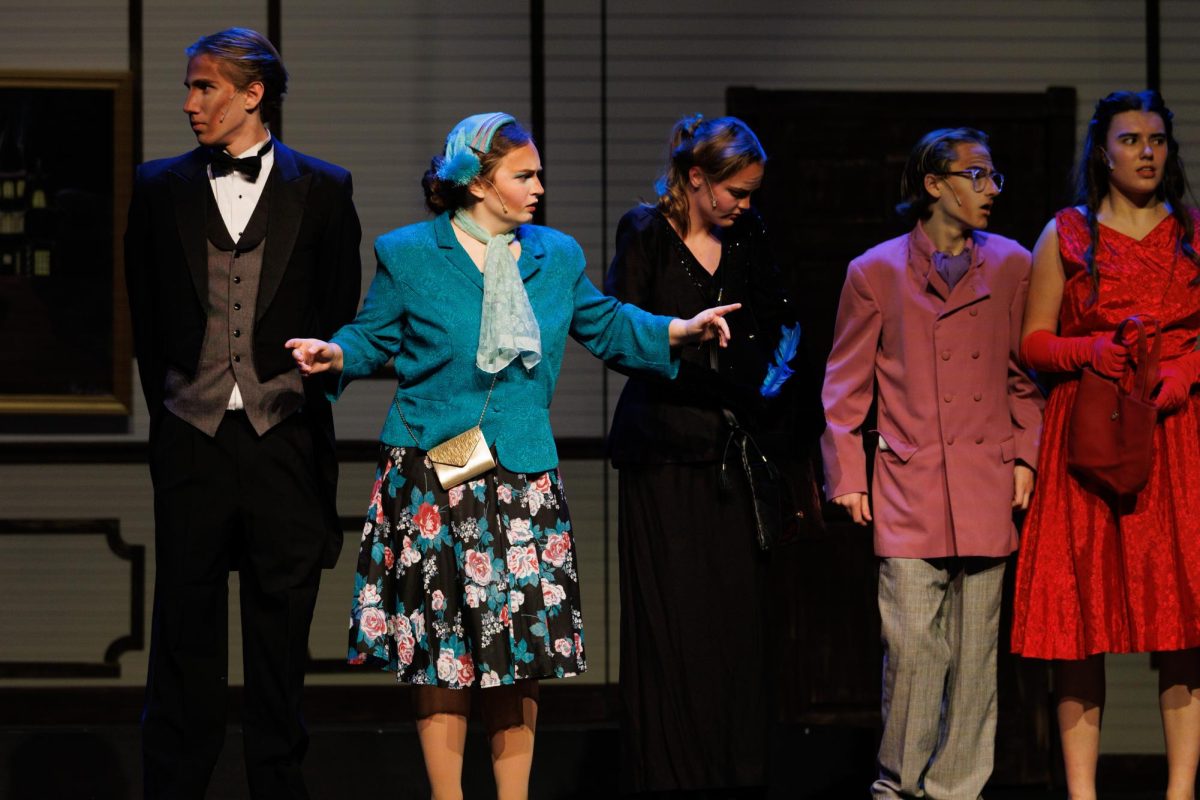When people begin to talk about the election, it is not uncommon for those around them to feel their heartbeats speed up and their palms get clammy because they are scared of the outcome of these conversations. Many students receive information about the 2024 election from social media platforms. Their TikTok and Instagram accounts teach them about possible future leaders in their country. The exaggerated and heated arguments on media platforms have made politics a controversial topic that people are advised to avoid.
However, some teachers believe quite the opposite. Many teachers use their classrooms as a safe space to teach young adults about political and social controversies and to teach them to disagree with people while remaining respectful.
Antioch Community High School government teacher Brian Glashagel believes that teachers should not censor their beliefs. Teachers should encourage their students to share their opinions and engage in open conversations about politics. Teaching their students that it is okay to have differing viewpoints from peers.
Glashagel believes that government students benefit greatly from being in a government class during an election year. These students have a benefit that most do not get — they get to watch the current debates, not reruns from YouTube. For Glashagel, it is important that students are taught how to handle controversial topics and how to respectfully disagree with their peers.
“Part of the problem in education is we don’t discuss [controversy] enough,” Glashagel said. “So, if I’m gonna sit here and try to teach the different viewpoints in government or any social studies class, I’m going to sit there and play referee.”
When students discuss controversial topics in their social studies classes, it is often the teacher’s job to mediate and ensure that the conversation does not get out of hand or become disrespectful. In their role as peacekeepers, teachers also have to play devil’s advocate to ensure students hear all the opinions being shared in the real world.
Teaching controversial topics can be difficult. Social Studies Department Chair Anne Eichman has noticed that, with the heated political climate portrayed by the media, teachers are consistently being called out for teaching with a bias.
“I think most of the time teachers should stay unbiased in the sense that they should present a balanced picture of the issues,” Eichman said. “They should present a balanced picture of the situation and provide students with reliable information and sources in which they can then draw their own conclusions.”
Teaching controversial topics is vital to education. The most important thing a teacher can do is state the truth. It is important that the youth are informed about the country they live in, and for them to be knowledgeable on the political climate they will be entering.
“I think that it’s important to teach, whether it’s about the election, or just provide space for students to ask questions, to explore the democratic process,” Eichman said. “Regardless of what the election outcome is, regardless of the issues in the election, what is this process that we engage in, and why is that process important? I think it’s also important to say, how do we respect that process, whether our side wins or loses, there’s great value in our democratic process.”
Teaching controversial topics can be intimidating for teachers, especially at a time when cancel culture runs rampant. Despite the wildly contentious atmosphere of the modern world, educators must provide students with a safe space for them to learn about and discuss the current day’s highly disputed topics.








